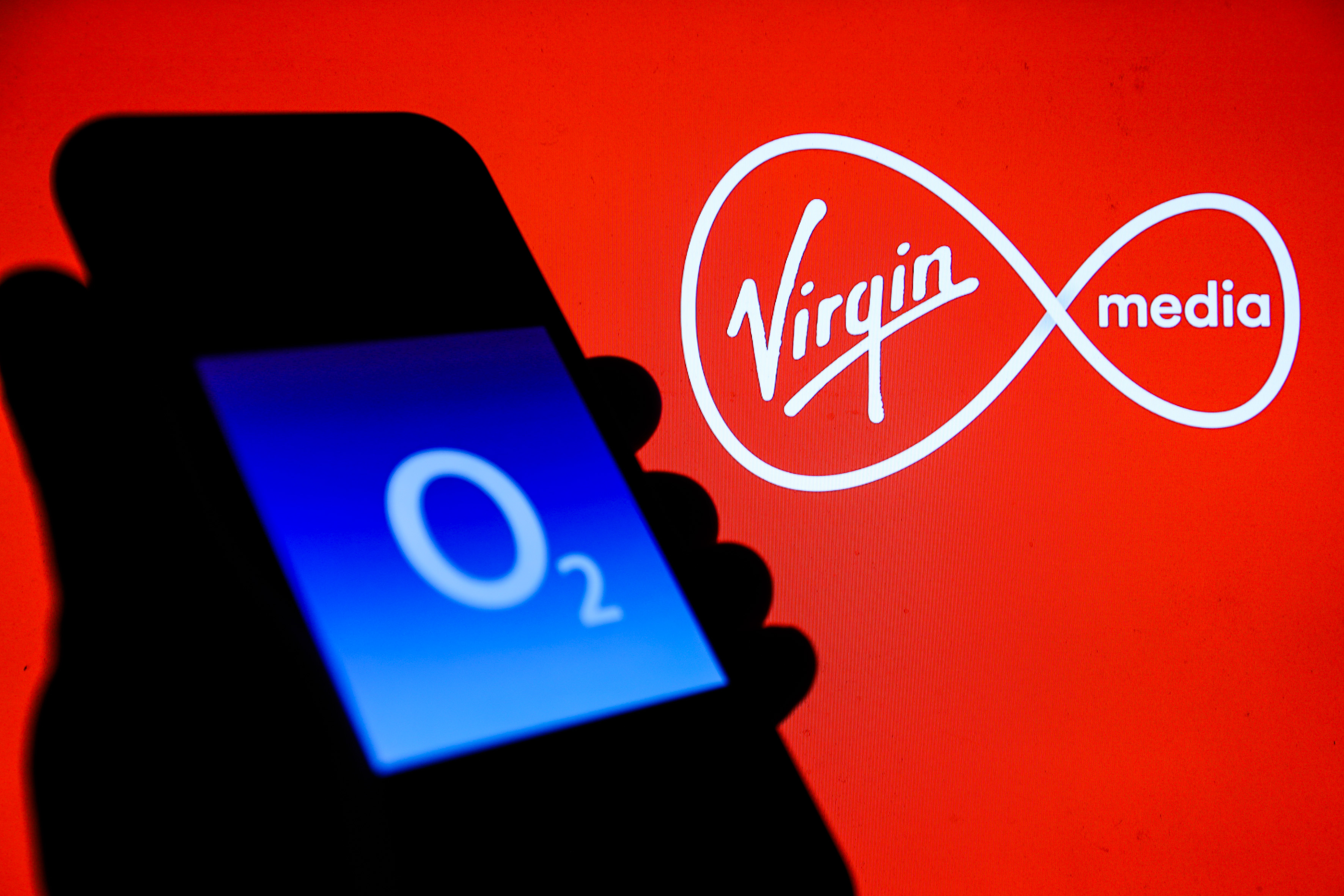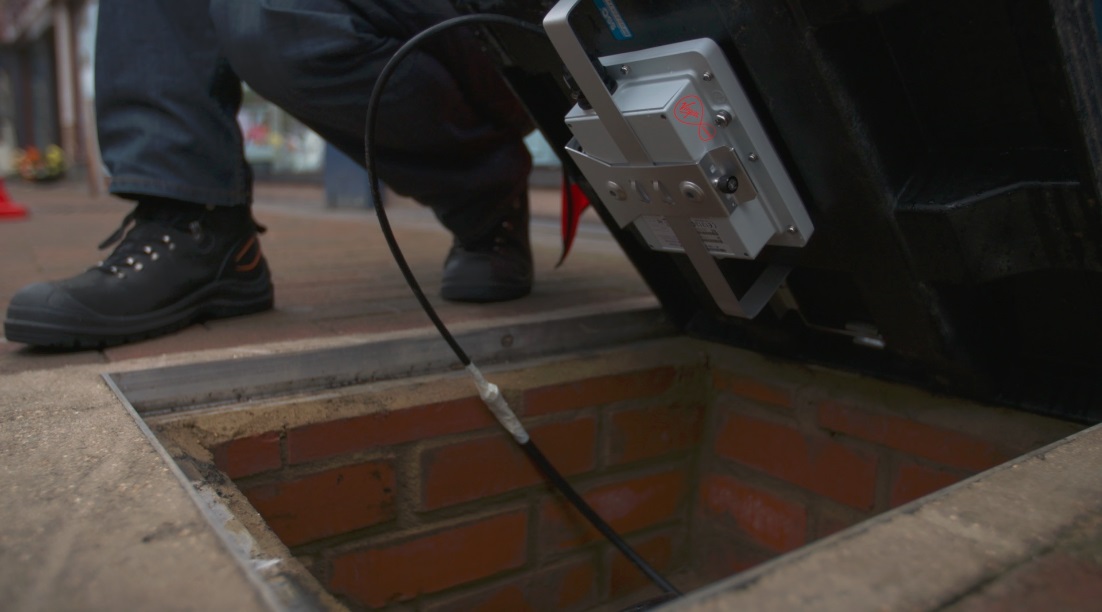ISPs reiterate "active choice" stance on adult web content
Web firms move to clarify stance on blocking explicit web content.

Virgin Media has reinforced its commitment to letting customers make an "active choice" about accessing explicit web content.
The company was responding to national news reports over the weekend that claimed it was one of several internet service providers (ISP) planning to rollout an opt-in system for customers that want to access explicit content by 2014.
We are certainly not going to filter content without people's knowledge or understanding.
However, a Virgin Media spokesperson played down the reports during a conversation with IT Pro, and said the ISP will not block content by default.
"The bottom line is, all of the major ISPs signed up to something last year called Active Choice. A principle by which as a customer you have [to decide] do you use parental controls?
"That's what we did last year, we're not going to filter stuff ahead of people making that decision, we are certainly not going to filter content without people's knowledge or understanding.
"They must make that decision and depending on what that decision is, we will act accordingly," the spokesperson added.
Talk Talk was another ISP name-checked in the weekend's articles. It recently started rolling out Home Safe, an Active Control-like service to its existing customers, that allows them to choose if they want to block adult content or not.
Get the ITPro daily newsletter
Sign up today and you will receive a free copy of our Future Focus 2025 report - the leading guidance on AI, cybersecurity and other IT challenges as per 700+ senior executives
The company introduced the service to new customers back in early 2012.
Dido Harding, the company's chief executive, said one-in-three of its customers have opted to block adult content.
"[In June] we became the only company to begin asking all our existing customers to make the same unavoidable decision," said Harding.
"Currently about 6,000 more homes each day are choosing to use our HomeSafe scheme and to help keep their children safer online as a result."
In a statement to IT Pro, Nicholas Lansman, secretary general of the Internet Service Providers' Association (ISPA), said these Active Choice schemes should also be backed by education to help users to make informed choices about the content they want to view.
"Whilst filtering has a role to play, it should not be viewed as a silver bullet, and in agreement with a majority of respondents to the government consultation, we do not support a default filter," Lansman added.
Last month, Claire Perry MP, David Cameron's special advisor for the prevention of childhood sexualisation and commercialisation, announced that ISPs will be forced to offer parental filters that block pornographic content by default to new and existing customers before the end of 2013.
-
 Bigger salaries, more burnout: Is the CISO role in crisis?
Bigger salaries, more burnout: Is the CISO role in crisis?In-depth CISOs are more stressed than ever before – but why is this and what can be done?
By Kate O'Flaherty Published
-
 Cheap cyber crime kits can be bought on the dark web for less than $25
Cheap cyber crime kits can be bought on the dark web for less than $25News Research from NordVPN shows phishing kits are now widely available on the dark web and via messaging apps like Telegram, and are often selling for less than $25.
By Emma Woollacott Published
-
 The role of ISPs in the connected world now and in the future
The role of ISPs in the connected world now and in the futureSupported Content The role of the ISP has grown precipitously as the world becomes increasingly reliant on staying connected, but they must now adapt to changing times…
By Solomon Klappholz Published
-
 How Virgin Media O2 saved “millions” by enhancing data center efficiency
How Virgin Media O2 saved “millions” by enhancing data center efficiencyCase Study Reducing data center power consumption forms part of a broader sustainability drive at the telecoms giant
By Ross Kelly Published
-
 Medium businesses: Fuelling the UK’s economic engine
Medium businesses: Fuelling the UK’s economic engineWhitepaper A Connected Thinking report
By ITPro Published
-
 ISPs forced to ditch 'misleading' broadband adverts
ISPs forced to ditch 'misleading' broadband advertsNews Speeds can only be advertised if they are available to 50% of customers
By Dale Walker Published
-
 TalkTalk branded worst broadband provider by Which?
TalkTalk branded worst broadband provider by Which?News Sky and BT both also fared badly in the company's twice-yearly survey
By Clare Hopping Published
-
 Three asks Ofcom to limit BT's mobile dominance
Three asks Ofcom to limit BT's mobile dominanceNews Three and other mobile operators ask Ofcom again to limit BT's spectrum ownership
By Ingrid Fadelli Published
-
 Flash flooding takes down TalkTalk web services
Flash flooding takes down TalkTalk web servicesNews Midlands floods leave customers angry at TalkTalk outage
By Clare Hopping Published
-
 Virgin Media to invest £3bn in UK fibre optic rollout
Virgin Media to invest £3bn in UK fibre optic rolloutNews ISP promises to connect 4m homes to fibre network
By Rene Millman Published